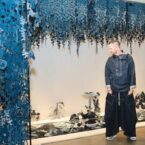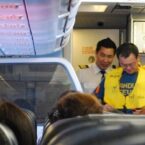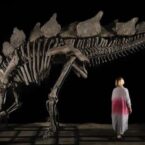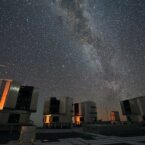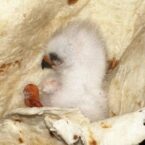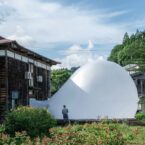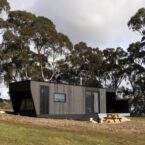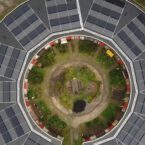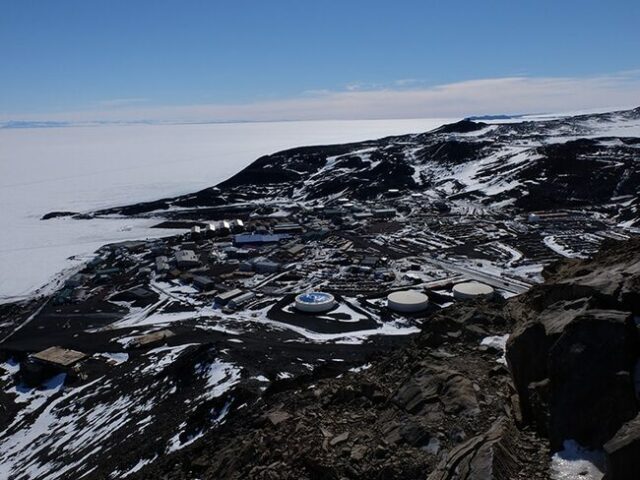
Antarctica, with its stark beauty and isolation, has become an unintentional laboratory for the evolution of language. The continent, devoid of permanent human populations, hosts scattered research stations where scientists and support staff endure months of seclusion. The Ludwig-Maximilians-University of Munich seized the unique opportunity presented by the isolation of Antarctic researchers to study the development of accents in almost laboratory-like conditions. Phonetics scholars predicted and confirmed that these isolated scientists were developing a distinct Antarctic accent. Recorded before their mission, the researchers’ voices underwent analysis after spending 26 weeks at the Rothera Research Station on Adelaide Island. The study revealed subtle shifts in vowel pronunciation, highlighting the impact of social interaction on language development.
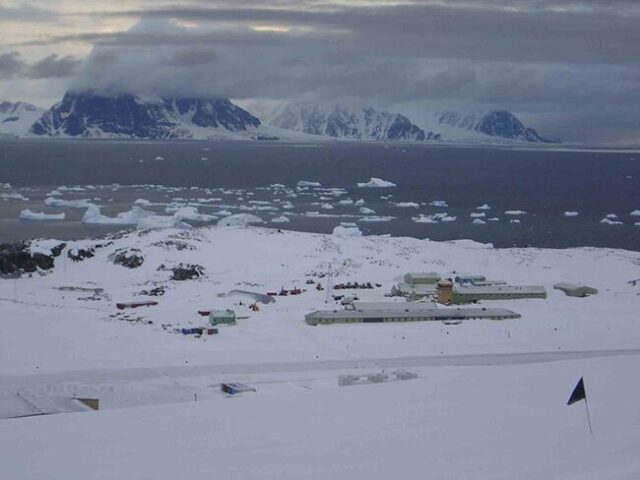
As the scientists worked and socialized, bonding over shared challenges and using slang intelligible only to their isolated community, their accents subtly changed over time. This shift was not always perceptible to the speakers themselves, emphasizing the influence of social dynamics on language. The study sheds light on the organic nature of language and how linguistic shifts occur even in extreme environments like Antarctica. Beyond the scientific findings, it reflects the broader understanding that language continually evolves, shaped by cultural shifts and interactions, whether in the icy isolation of Antarctica or the multicultural landscape of cities like London.







